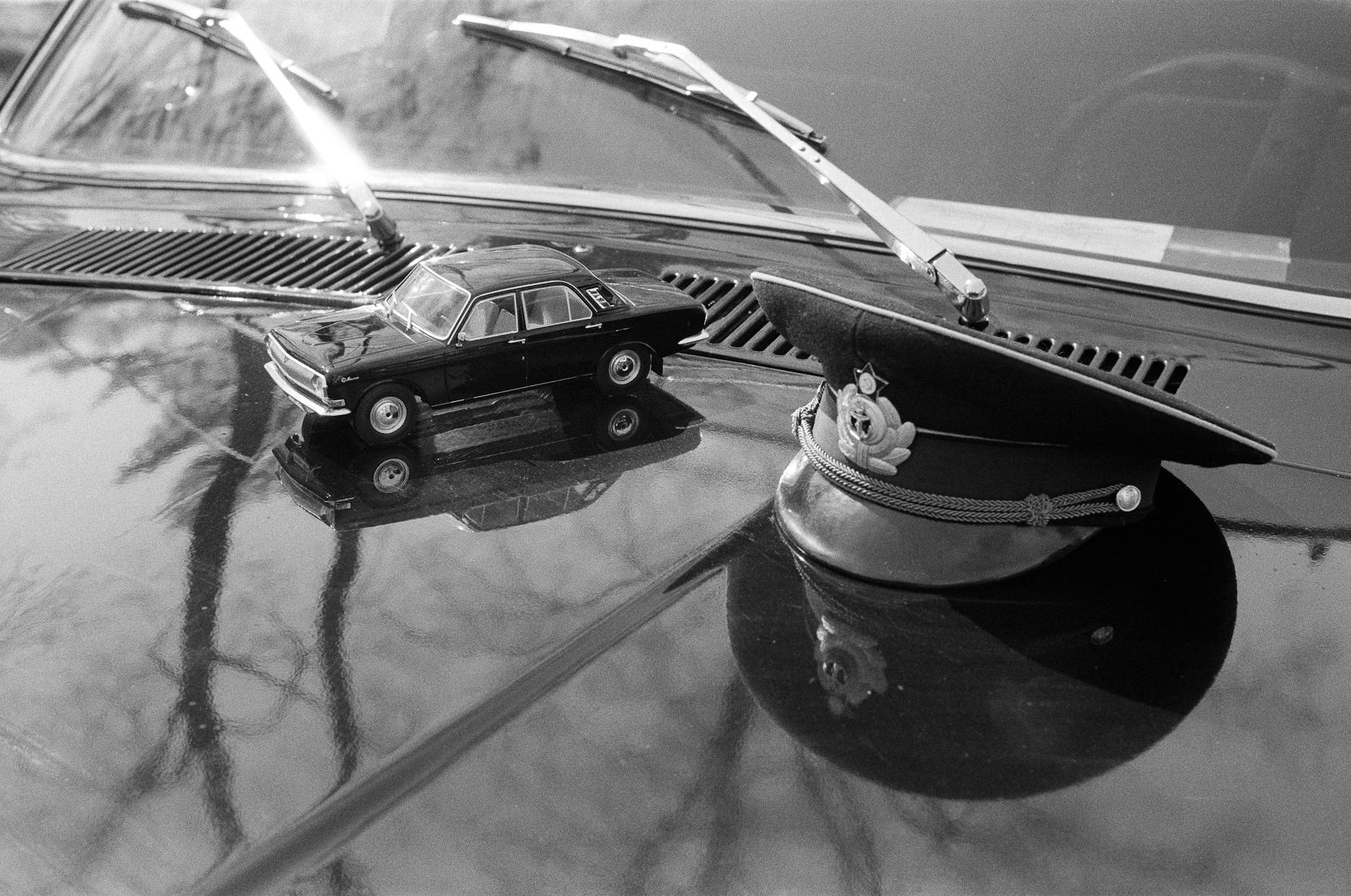Whats In a Cop Check? Peek the Deets!

Introduction
Police checks are a critical element in maintaining public safety and ensuring that individuals in positions of trust are responsible and reliable. These checks, also known as background checks, are conducted by law enforcement agencies to review a person's criminal history and other relevant information. In this article, we're going to dive into the details of what exactly a police check includes, why it's important, and how it can have an impact on you.
What Does a Police Check Include?
A police check is a comprehensive review of an individual's legal background, and generally includes the following information:
-
Criminal Convictions: This includes any past convictions and findings of guilt by a court, with details related to the offense, date, and outcome or sentence.
-
Pending Charges: Current charges that are yet to be finalized in court will also appear in the check.
-
Court Outcomes: Details of any court appearances, including findings of guilt without conviction, good behavior bonds, community service orders, and other non-conviction sentences.
-
Arrest Warrants: Existing warrants issued for an individual's arrest will show up during a check.
-
Cautionary Notices: This consists of information about cautions, reprimands, or warnings that have been formally recorded.
Exclusions in Police Checks
Police checks do not include:
-
Convictions that are 'spent' or 'pardoned' under local laws
-
Diversion programs participation
-
Traffic infringements that haven't been dealt with in a court
-
Foreign convictions and charges
-
Matters dealt with by schools or professional bodies
Why Are Police Checks Crucial for Safety?
Employment Screening
One of the primary reasons for a police check is for employment screening, especially for roles that require a high level of integrity, such as positions involving vulnerable groups, government responsibilities, or financial handling.
Volunteer Work
Similarly, volunteer organizations often require a police check to ensure the safety of their members and those they serve, particularly when the volunteer work involves children, elderly, or disabled individuals.
Licensing
Certain professions require an official clearance, and a police check is used as part of the licensing process for those professions to protect the public.
Personal Trustworthiness
Police checks can also serve individual purposes, such as proof of a person's trustworthiness in matters of custody disputes or adoption processes.
How It Impacts You
Employment Opportunities
A clean police check can enhance your job prospects, while a problematic record can limit employment opportunities, especially in sensitive roles.
Volunteering
An unfavorable police check could restrict your ability to volunteer in certain capacities.
Personal and Professional Relationships
The results of a police check can also influence personal and professional relationships, shaping the way people perceive your trustworthiness and reliability.
Conclusion
Police checks serve as an essential tool in safeguarding the community and ensuring that individuals in sensitive positions are fit for their responsibilities. Understanding the scope of these checks helps to appreciate their importance, as well as prepare you for their potential implications in your personal and professional life.
Remember, a police check is not just about uncovering past misdemeanors; it's a preventive measure aimed at building safer environments for everyone. It's essential to be aware of what's in your record, correct any inaccuracies, and be honest about your history when it's required.
If you have any questions or concerns about police checks or need assistance in obtaining one, don't hesitate to contact your local law enforcement agency or a professional service that specializes in conducting these checks. Your safety and integrity are paramount—stay informed and proactive. Tune in to learn more and stay ahead of the curve regarding police checks and their impact on society!